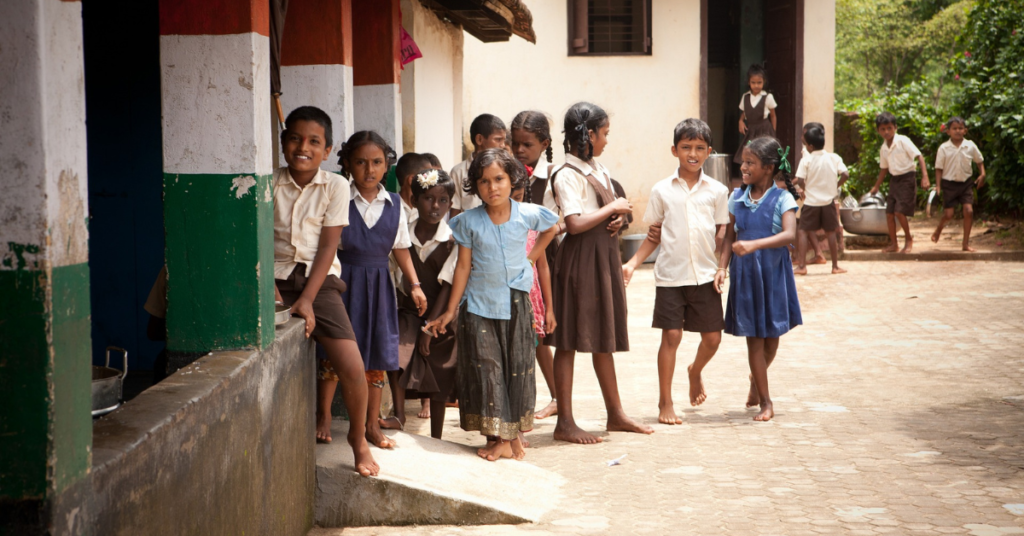2 min read
Co-Author: Shubhi Sharma
This blog is based on an episode of the ISDM-CPSJ 2022 Philanthropy and Social Justice Conversation Series that features conversations with thought leaders and action leaders on the need to reshape and tap the potential of philanthropy for social justice in India.
As we continue to grapple with how best philanthropy can enable solving the many pressing issues of our times, it is crucial to consider the potential of local and community-driven leadership. We need to reflect on and evaluate how philanthropy can move in the direction of sharing decision-making with the community that it is trying to serve and aid as part of its work. While the contributions of the philanthropic sector in India’s growth and development are well recognised, there is a need for a greater understanding of approaches and strategies that can enable leveraging philanthropy for greater community impact.
To achieve the aim of SDGs of leaving no one behind, we must begin to concentrate our efforts on developing local leadership for systemic change. Philanthropic efforts that engage and involve individuals closest to a problem as crucial partners in the solution-building process, lead to social impact that is sustainable. To create lasting change, local community leaders must be at the helm – those who are passionate about the cause and understand the reality of the situation rather than someone coming from the outside and trying to make changes. Communities must be seen as partners in determining philanthropic strategy and meaningfully contributing ideas and perspectives. Picking up a model that has worked in a community or in a particular part of the country and replicating it in another community or geography does not necessarily work. Finding effective solutions for any specific community requires ensuring their voices are uplifted and not ignored.
Funders can provide more flexible and multi-year grants to their non-profit partners working on the ground. This helps NGOs build their own financial resilience and allows them to invest in strengthening community leadership, skill building in communities and other longer-term efforts that seek to empower the communities to take responsibility for their own development. Regular inputs, feedback, and analysis of inputs from the affected communities are some of the approaches to co-create impact. Practicing philanthropy for social justice involves philanthropists and other funders seeing themselves as representing the voice of the communities they are supporting – a mindset and approach that is different from that of traditional donors and grant-makers.
The philanthropy landscape is also undergoing a significant generational shift, with the decision-making power being transferred to the next generation in families. Limited research and knowledge available indicate that the new-generation-philanthropists are keen to go beyond grant-making and provide their time, skills and, networks to support social causes. Philanthropic organisations now are becoming more open to self-reflection in terms of diversification of portfolios, diversity of boards, embracing inclusive decision-making processes, strengthening of grass-root level organisations, leadership development in the social sector, and fostering greater collaboration between the government and private philanthropy.
These are all much needed and welcomed developments in the sector today. A commitment to adopting inclusive philanthropic practices and shifting mindsets to one that embraces learning, listening, sharing power, and building lasting relationships, can help address persistent structural inequities and help move the country towards long-term social transformation.


















